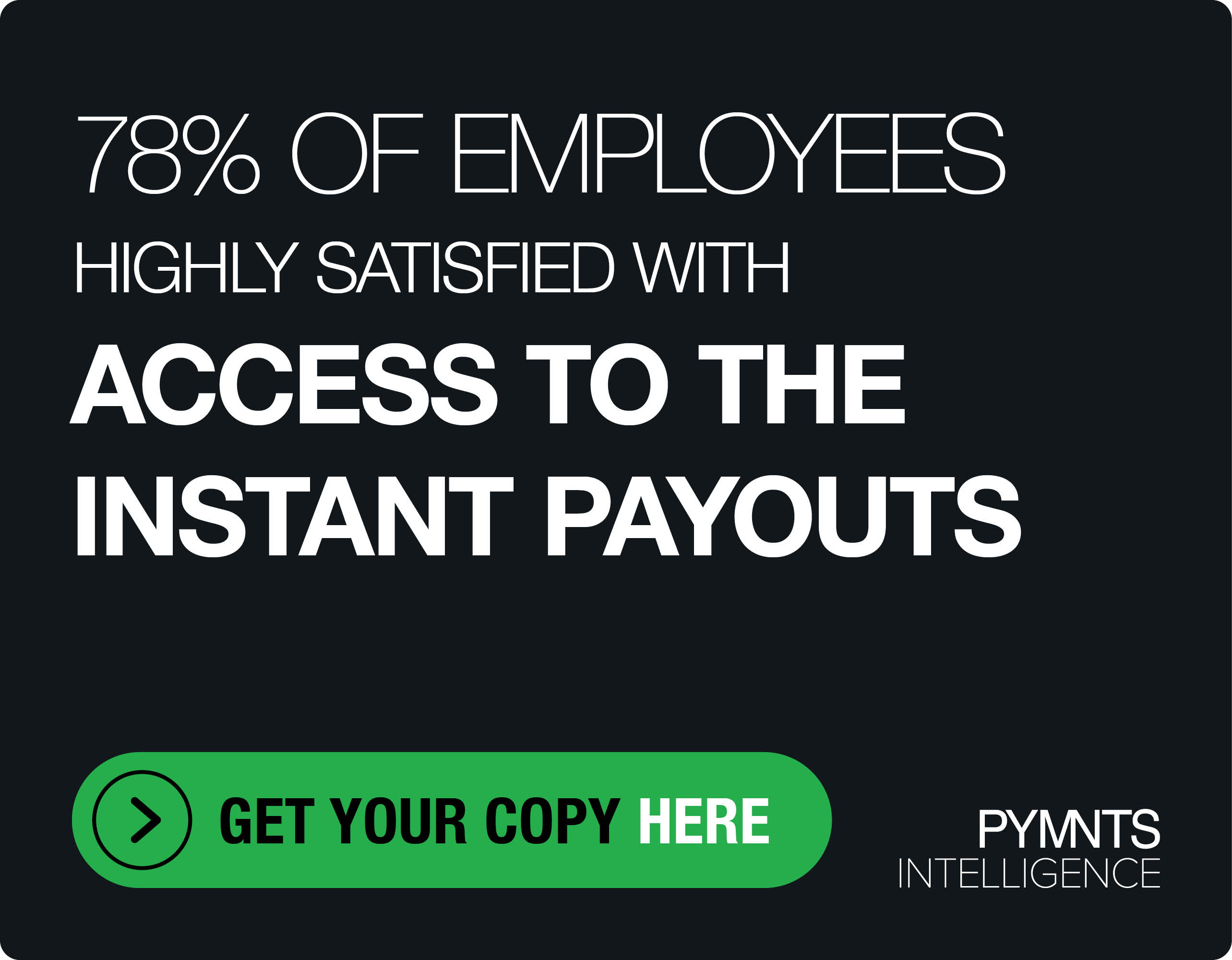Employers Drive Retention With Catering Amid Return to On-Site Work

With the return to on-site work, corporate catering is gaining steam.
In an interview with PYMNTS, Diane Swint, chief revenue officer at business catering firm ezCater, noted that, even in this inflationary period, demand has not decreased. In fact, order value has grown, with workplaces seeing catering as a key way to maintain employee loyalty.
“Six in 10 workers can’t work from home so you know they work in industries like retail and manufacturing, healthcare, biotech, sports teams and everything in between,” Swint said. “Folks are coming into the office. Fewer people are working remotely every day. There’s been a decrease from 26% to 23% year over year. So that movement is certainly a tailwind for us … and food is a retention tool.”
Research from the latest edition of PYMNTS’ ConnectedEconomy™ series, “ConnectedEconomy™ Monthly Report: The Evolving Digital Daily Edition,” which drew from a February survey of more than 4,000 U.S. consumers, noted that the share of consumers who said they work remotely day to day fell from 26% last year to 23%.
Plus, research from the Survey of Working Arrangements and Attitudes (SWAA) conducted by Stanford University and University of Chicago economists, finds that 60% of full-time employees work exclusively on site, 28% work on site sometimes and 12% work fully from home.
Swint noted that, with shift-based workplaces such as retailers, catered meals can draw employees in at times that they might otherwise have wanted to work around, such as holiday seasons. ezCater finds that about two-thirds of onsite employees are encouraged to remain with a company or to come back for the next holiday season if offered free meals.
Additionally, Swint observed that companies’ corporate catering spending appears to be relatively unaffected by macroeconomic pressures, even as prices increases, arguing that catered meals are indispensable.
“Food at work is a business tool, and so if you think about any business that relies on things like gasoline, you still have to drive the trucks from X to Y, and you’d have to pay for that gasoline, whether the price is going up or not,” Swint said. “We see the same thing with food.”
Driving employee loyalty is especially key now, as many businesses struggle with hiring and retention amid macroeconomic challenges.
Yet the fact that demand has remained resilient is somewhat surprising, given that many firms appear to be more concerned with shrinking their staff than with hiring and retention. A report released last month revealed that job cuts by U.S. businesses had hit their highest level since 2009, and each week, headlines break about more major companies announcing widespread layoffs.
Still, Swint said the return on investment for corporate catering makes it a safe bet, with employer-provided meals making workers feel valued at a significantly lower price than other perks that would achieve the same effect. Plus, she contends that the layoff counts only tell one part of the story.
“A lot of companies are growing,” Swint said. “There’s a lot of puts and takes in the economy right now.”

